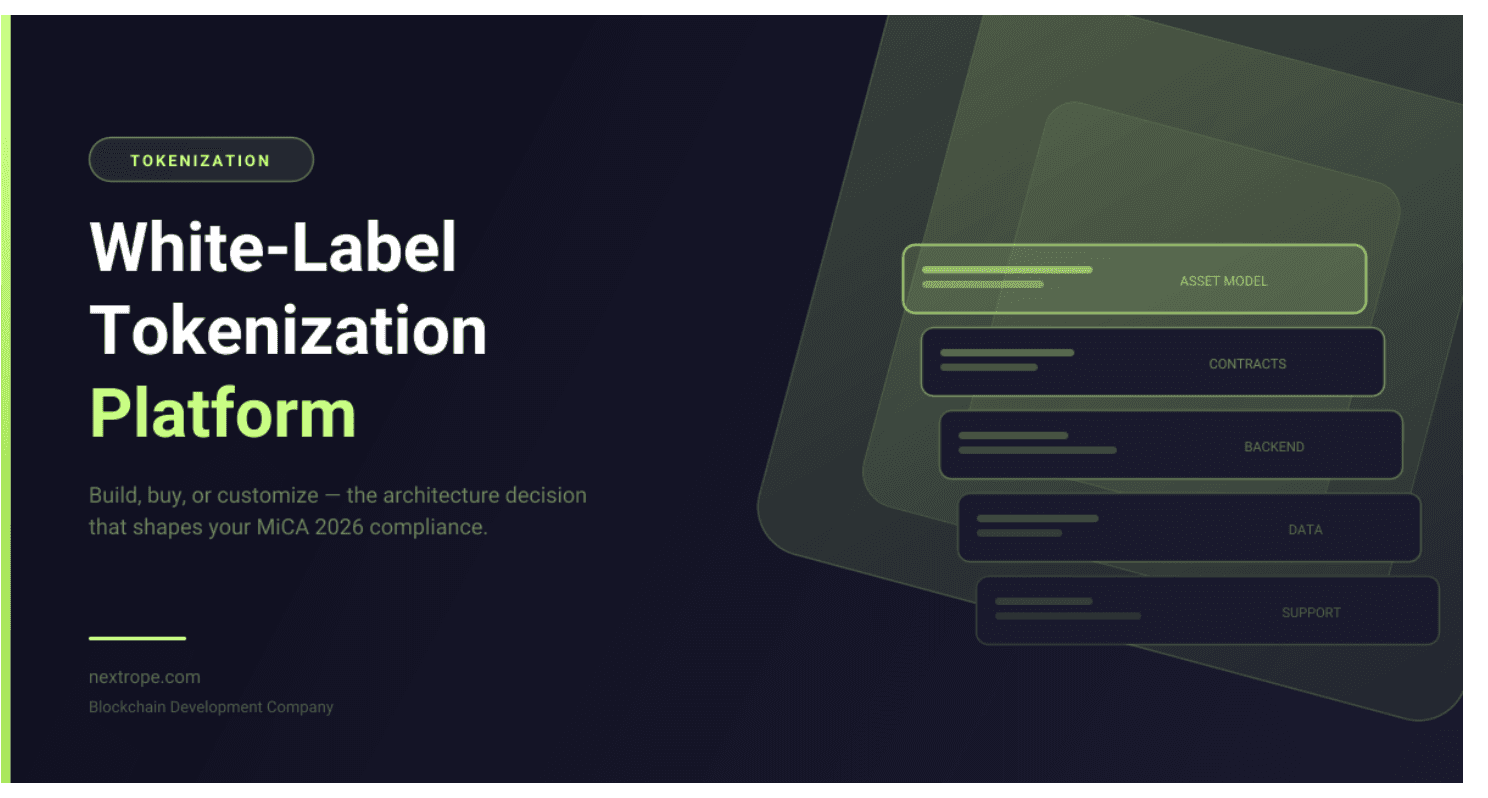What we deliver
We ensure your AI models are production-ready, reliable, and cost-effective. From low-latency serving to comprehensive governance, we handle the engineering so you can focus on the models.
Serving, monitoring and governance so your AI runs fast, safe and cost efficient.
Serving
+GPU or CPU inference, autoscaling, canary releases and rollbacks for reliable uptime.
Observability
+Full tracing, metrics and logs for models, prompts and tools to understand system behavior.
Monitoring
+Tracking quality, drift, latency and cost with configured alerting and incident runbooks.
Governance and security
+Implementation of access control, audit trails and policy enforcement for compliance.
Data and model lifecycle
+Managed registries, versioning and reproducible pipelines for consistency.
Cost and latency optimisation
+Implementation of caching, batching and quantisation where sensible to reduce overhead.

Architecture at a glance
Platform
+Infrastructure based on Kubernetes, Terraform and GitOps practices.
Registry
+Centralized datasets and models with lineage tracking and approval workflows.
Pipelines
+CI and CD for data and models with staged environments (dev, stage, prod).
Serving
+Exposed via REST or gRPC endpoints, supported by feature stores and caching layers.
Controls
+Secret management, RBAC, network isolation, rate limits and usage quotas.
SLOs and runbooks
We define standards to ensure operational excellence and rapid incident response.
Define SLOs
+Establish clear Service Level Objectives for latency, availability and quality.
Create runbooks
+Documented procedures for deployment, rollback and incident handling.
Add playbooks
+Specific guides for data and model drift with assigned owners and timer-based responses.
















